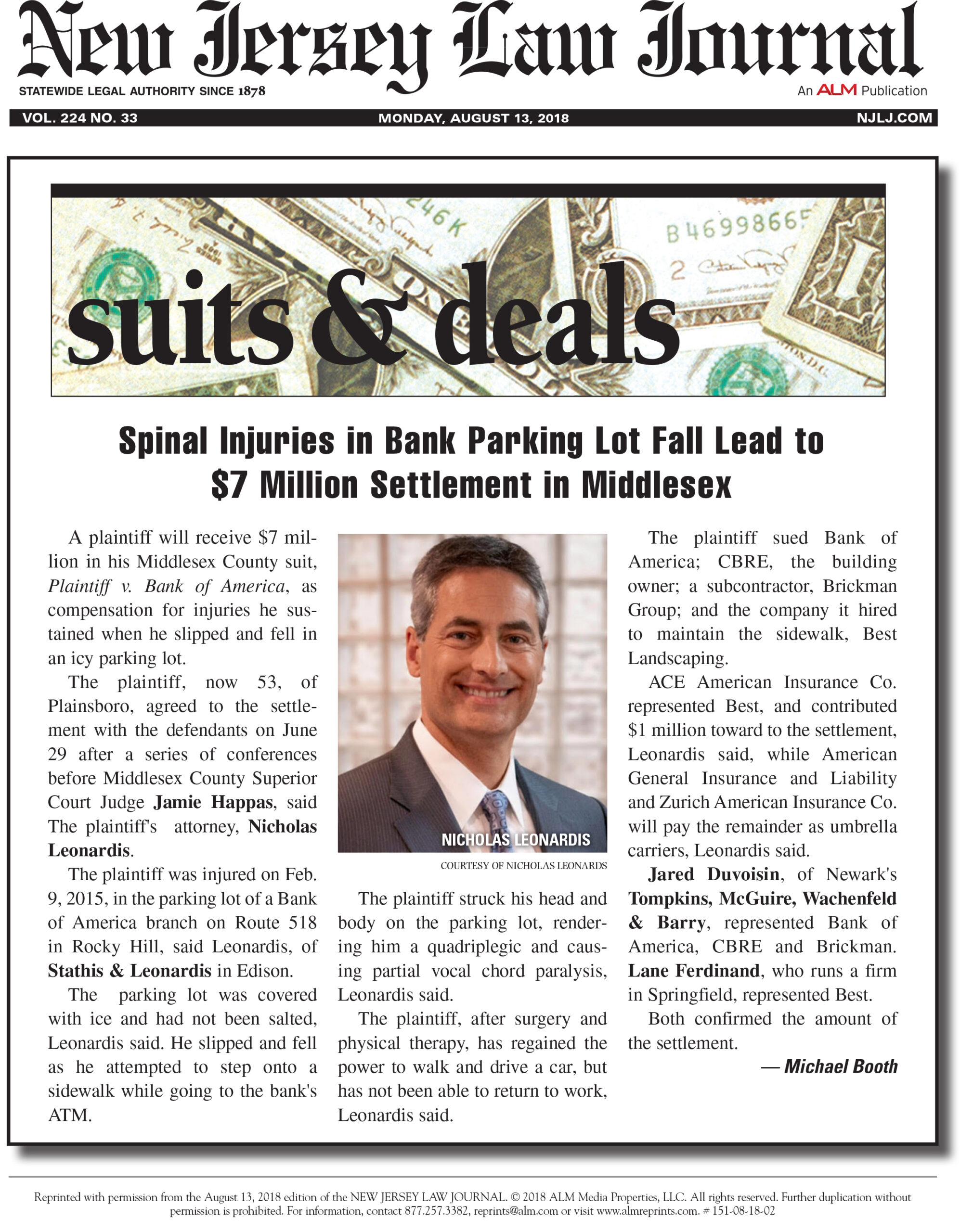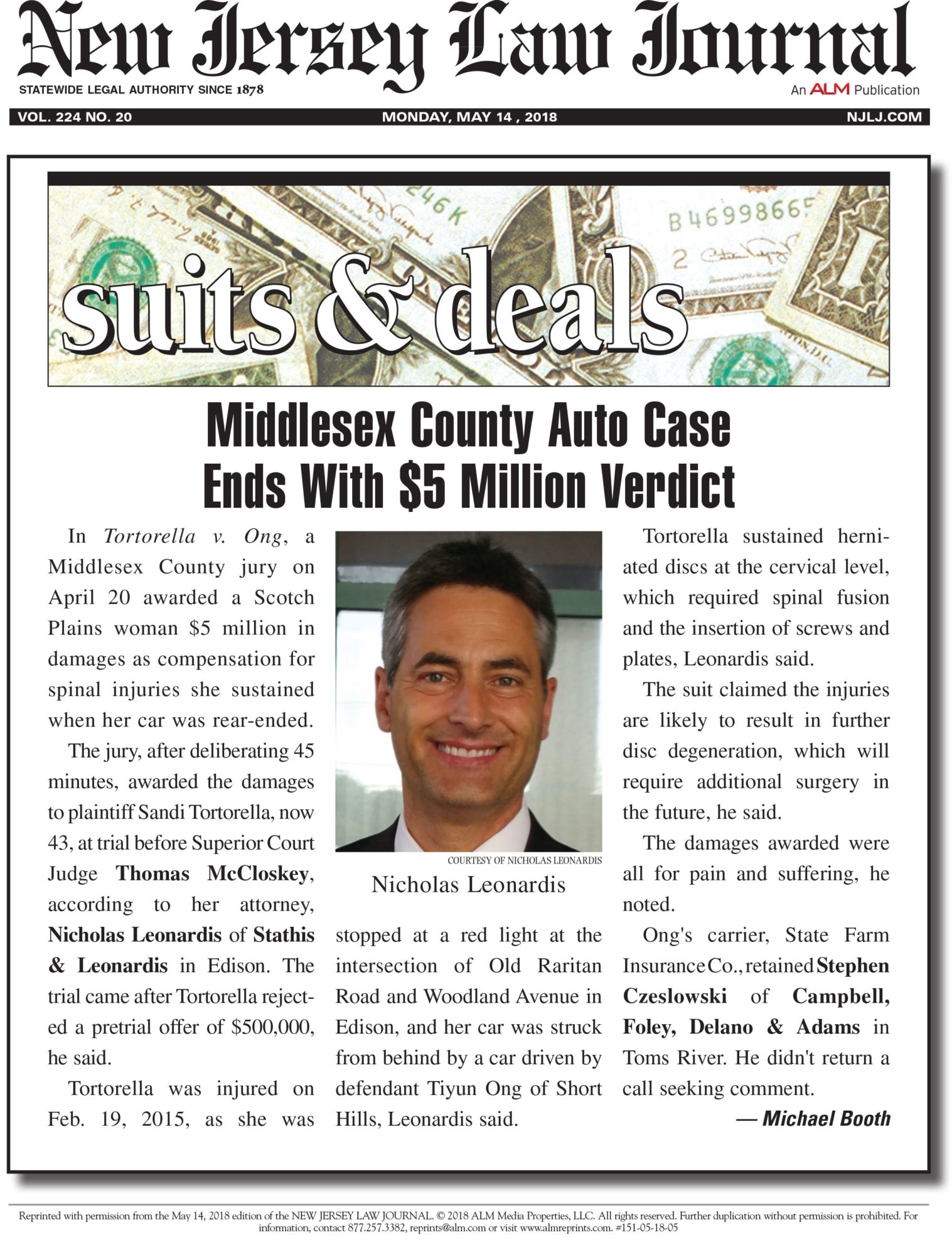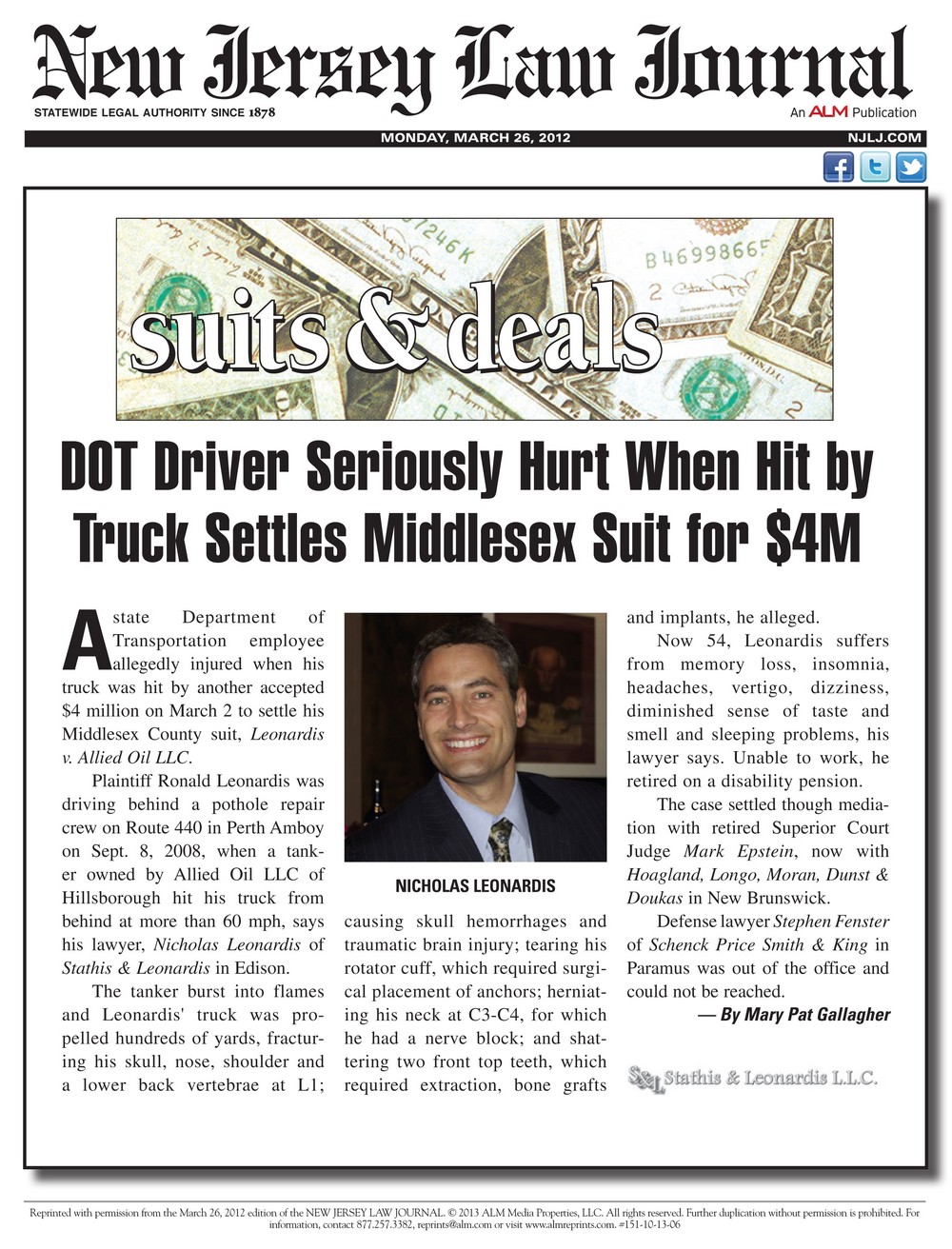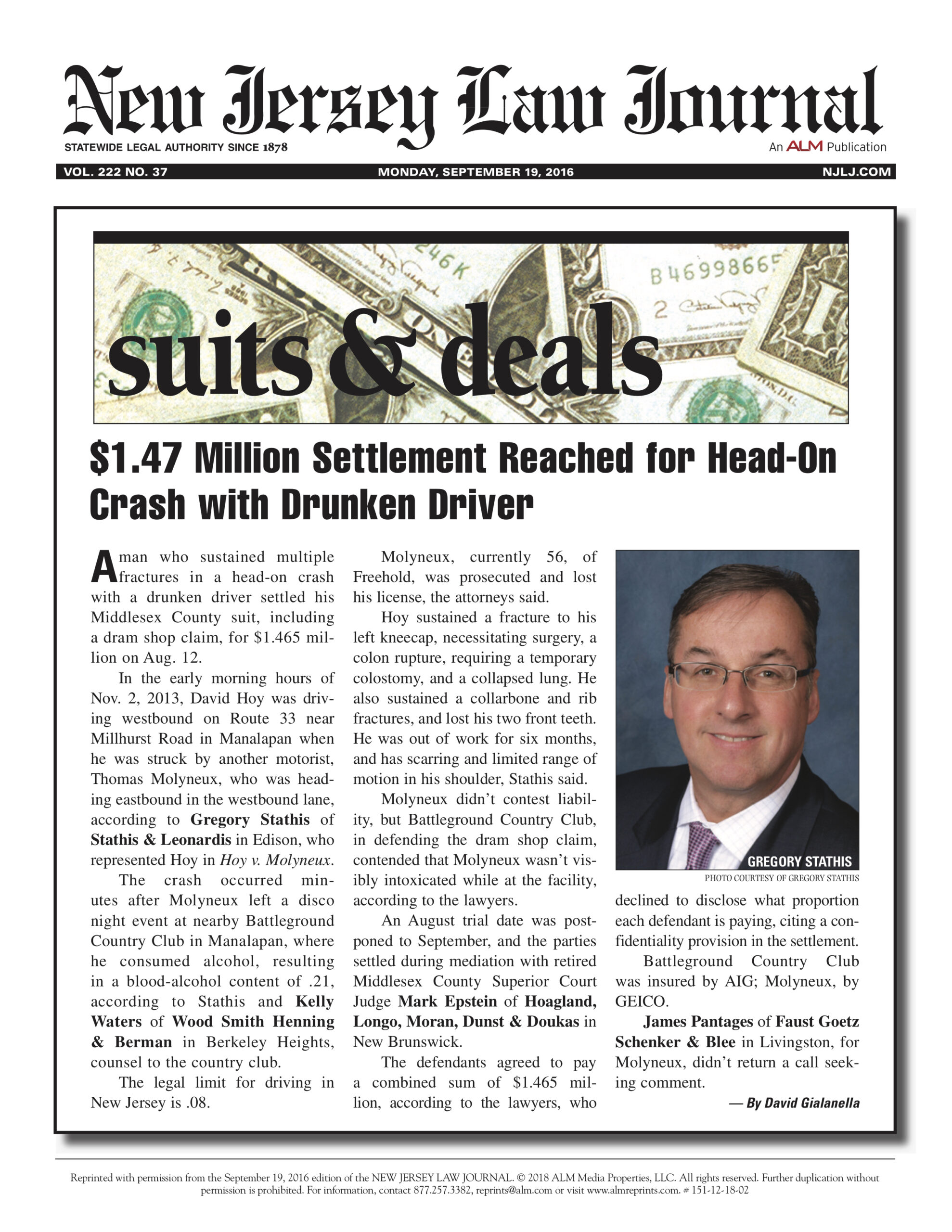
While many people assume that concussions are not a serious enough injury to pursue legal action against another party, that’s not always the case. A concussion can result in temporary or permanent cognitive impairment that negatively impacts an individual’s everyday routines. An untreated traumatic brain injury (TBI), such as an unaddressed concussion, can turn life-altering or life-threatening. If you have suffered a concussion due to someone else’s negligence, please don’t hesitate to contact a dedicated Middlesex County Personal Injury Attorney who can help you fight to obtain the maximum compensation for your damages.
Is a concussion considered a traumatic brain injury (TBI)?
Firstly, a concussion is caused by a forceful bump, blow, or jolt to the head or by a hit to the body that causes the head and brain to move rapidly back and forth. This rapid movement damages brain tissue, which can cause a change in a person’s normal brain activity. While concussions are usually not life-threatening, the lasting cognitive symptoms can alter a person’s everyday life, meaning the injury should be taken seriously. TBIs affect how the brain works and, in severe cases, can lead to permanent disability and even death. TBIs are broken down into three categories: mild, moderate, and severe. A concussion falls under the mild category of a TBI.
Concussions are often associated with a sports injury, and while athletes may suffer this head injury, concussions are most commonly the result of auto accidents. This is primarily due to the sudden impact of a collision, which causes the brain to shift inside the head and slam against the sides of the skull. It is imperative to note that in some cases, there may not be any evidence on the outside of the head that there was an impact, so it is vital to look out for the signs and symptoms of a concussion. Unfortunately, the symptoms may not appear immediately, days or weeks later. While a concussion will not appear on diagnostic tests like an X-ray, CT, or MRI scan, a medical professional can diagnose it based on a comprehensive examination. Following any accident, it is crucial to be examined and treated by a medical professional, even if you think you are not injured. If a concussion is left untreated, it can result in permanent symptoms that negatively impact your life. The following include but are not limited to some of the signs that are indicative of a concussion:
- Headache
- Fatigue
- Dizziness
- Nausea or vomiting
- Blurred vision
- Ringing in the ears
- Loss of consciousness
- Confusion
- Mood changes
- Loss of coordination
- Convulsions or seizures
- Bad taste in the mouth
- Sensitivity to light
- Memory issues
What kinds of compensation am I eligible to receive?
If you have suffered a TBI due to another party’s negligence, you can take legal action to seek reasonable compensation for your economic and non-economic damages. The monetary compensation you can receive for your TBI depends on various factors, such as the severity of your injury, any resulting impairments or disabilities, the cost of medical treatment, and whether these impairments affect your ability to earn a living. If your injury substantially interferes with your daily life, you may be entitled to claim damages for medical bills, lost wages, pain and suffering, disability, and other expenses related to the injury. However, to maximize your chances of recovering the maximum compensation to which you may be entitled, you should enlist the help of an experienced attorney.
If you or someone you love has suffered a TBI due to negligence, contact a skilled attorney from the legal team at Stathis & Leonardis, who can help you fight to attain the just compensation you deserve.






